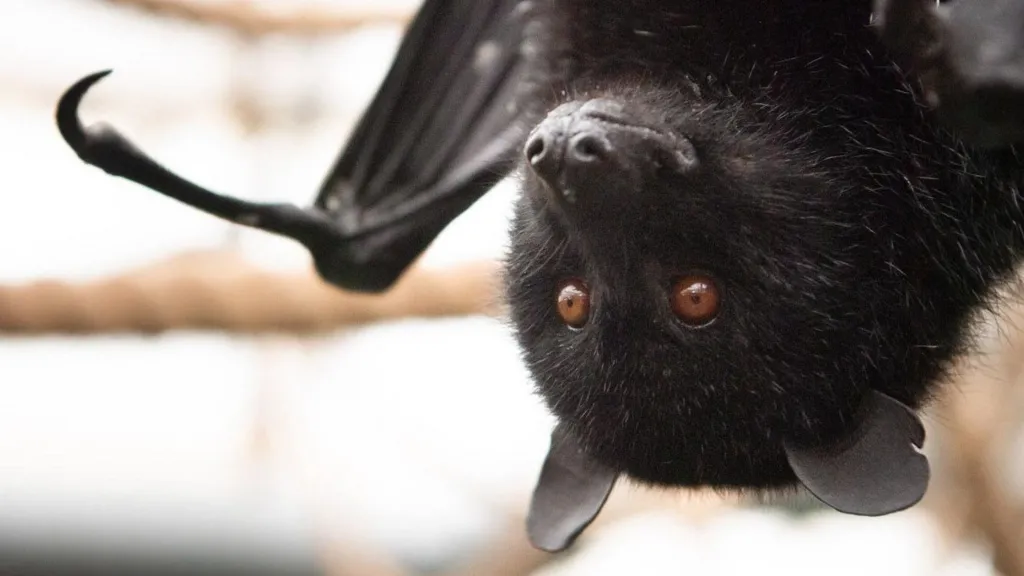Jersey Zoo has announced the “difficult decision” to rehome its colony of Livingstone fruit bats. The move comes after the Durrell Wildlife Conservation Trust, which owns the zoo, concluded that repairing the zoo’s aging Bat Tunnel would be prohibitively expensive.
The trust revealed that rebuilding the tunnel would cost at least seven figures, and the project would require significant fundraising, exhibit design, planning permission, and construction—taking considerable time.
Ben Matthews, the zoo’s curator of mammals, explained: “We have carefully weighed the benefits of repairing the Bat Tunnel against creating a new exhibit, and ultimately, finding new homes for our bats is the better option.” He emphasized that animal welfare remains the zoo’s top priority, and the rehoming process for these once critically endangered bats is expected to take several months.
Earlier this year, the zoo faced a serious challenge when 70 bats had to be moved into smaller groups following an outbreak of Pasteurella. Thanks to the team’s swift action, losses were minimized. Since April, the bats have been living in temporary housing, and the colony has welcomed several new pups.
In response to the outbreak, Dave Houston, associate veterinary officer, revealed that Jersey Zoo has developed a world-first vaccine for fruit bats. The vaccine is currently being trialed on a small number of bats, with plans for a colony-wide rollout. The knowledge gained will also help protect fruit bats across other zoos worldwide.
Mammal keeper Nicola Shaw, who has worked with the bats daily for four years, expressed her sadness at the upcoming relocation: “I care for all of them deeply, but I know this is the right decision for their welfare. My focus is on providing the very best care while we find their new homes and updating husbandry guidelines to support future caretakers.”
Matthews added: “If the opportunity arises in the future, we would love to welcome bats back to Jersey Zoo.” The rehoming initiative underscores the zoo’s ongoing commitment to global bat conservation and ensuring the species’ continued survival.
